theartsdesk in Stockholm: A Nobel Prize for Musical Excellence

The 2014 Birgit Nilsson Prize brings the Vienna Philharmonic to the Swedish capital
Should you not have caught one of the 20th century’s handful of greatest Wagnerian singers live - I did, just once, in a Prom of uneven excerpts - chances are that you first heard Birgit Nilsson in Brünnhilde’s Immolation Scene from Götterdämmerung on Sir Georg Solti’s Vienna Philharmonic Ring recording.


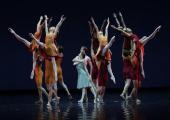
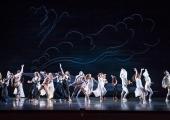

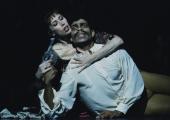
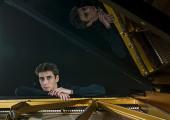


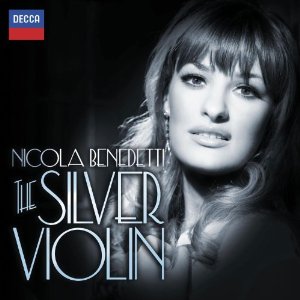 Nicola Benedetti: The Silver Violin (Decca)
Nicola Benedetti: The Silver Violin (Decca)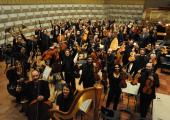
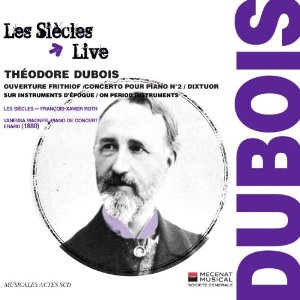 Théodore Dubois: Piano Concerto no 2, Ouverture de Frithiof, Dixtuor Les Siècles/François-Xavier Roth (Musicales Actes Sud)
Théodore Dubois: Piano Concerto no 2, Ouverture de Frithiof, Dixtuor Les Siècles/François-Xavier Roth (Musicales Actes Sud)